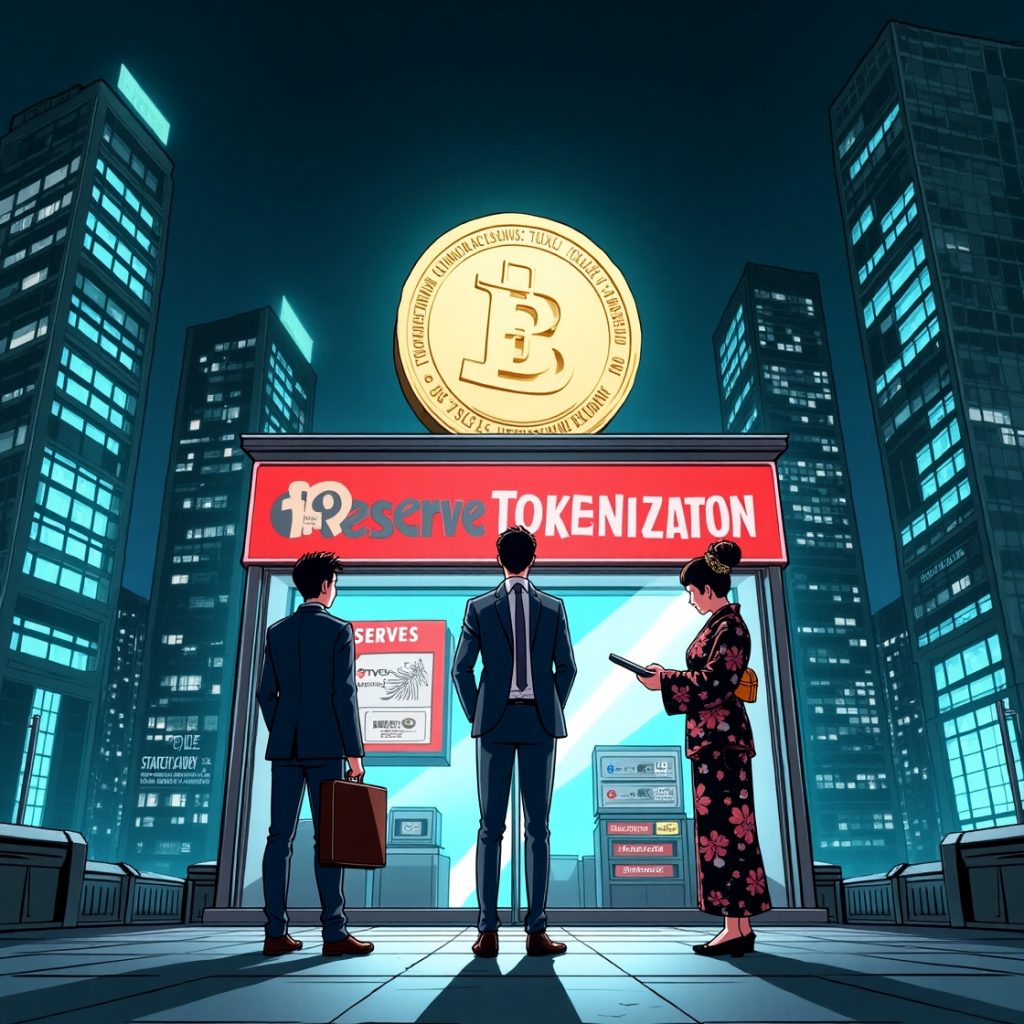SEC and Japan Join Forces in Tokenization and Web3: What Does This Mean for the Market?
The cryptocurrency market continues to evolve, and major players are taking their interaction with regulators to the next level. The U.S. Securities and Exchange Commission (SEC) plans to collaborate with Japanese regulators to work together in the field of asset tokenization and Web3 innovations. At the same time, BlackRock has launched its tokenized BUIDL fund on the Solana network, and GameStop has officially added Bitcoin to its reserves. Let’s explore how these events could impact the crypto industry.
SEC and Japan: The Future of Tokenization
SEC’s plans to collaborate with Japanese regulators on asset tokenization and Web3 could be a significant step in the global development of the industry. Japan is known for its advanced crypto regulations, whereas the SEC is often criticized for its strict stance on digital assets. Joint initiatives between the two countries could lead to the formation of new standards in tokenized assets, making the market more transparent and regulated.
It is expected that as part of this collaboration, the SEC and Japanese authorities will share expertise and work toward unified regulatory approaches. This could simplify market entry for international companies and increase investor confidence in tokenized assets.
BlackRock Expands Its Presence in Crypto
Investment giant BlackRock has launched its tokenized BUIDL fund on the Solana network. This fund is designed for institutional investors who need access to digital assets with high liquidity and transparency. Solana was chosen due to its high transaction speed and low fees.
Additionally, BlackRock is planning to launch the iShares Bitcoin ETP in Europe. This highlights the growing interest of institutional investors in cryptocurrencies and the expansion of infrastructure for digital asset management.
The launch of BUIDL on Solana demonstrates that traditional financial companies are increasingly adopting blockchain for asset management. If other major players follow BlackRock’s example, this could accelerate the widespread adoption of tokenized funds.
Ripple and SEC: A $50 Million Compromise
After years of legal disputes, Ripple has agreed to withdraw its appeal against the SEC and pay a $50 million fine instead of the initially imposed $125 million. In response, the SEC plans to ask the court to lift the injunction it had previously placed on Ripple.
This move can be seen as a partial victory for Ripple, as the company has managed to significantly reduce the penalty amount. However, it also indicates a willingness on both sides to reach a compromise. This precedent could influence other cryptocurrency companies facing regulatory pressure.
GameStop Adds Bitcoin to Its Reserves
The American retail chain GameStop has approved an update to its investment policy, including Bitcoin as one of its reserve assets. This is another step toward the mainstream adoption of BTC in the corporate sector.
GameStop, known for its experiments with blockchain and NFTs, continues its digital transformation strategy. Adding Bitcoin to the company’s balance sheet reinforces its status as “digital gold” and shows that major businesses view BTC as a reliable store of value.
The partnership between the SEC and Japanese regulators could positively impact the tokenized asset market, while the actions of BlackRock and GameStop indicate a growing interest in blockchain from traditional financial institutions. The legal settlement between Ripple and the SEC, in turn, could signal to other companies that regulatory compromises are possible.
Global corporations and government agencies are continuing to adapt to the reality of digital assets, meaning that even more changes and new opportunities for crypto market growth lie ahead. 🚀
